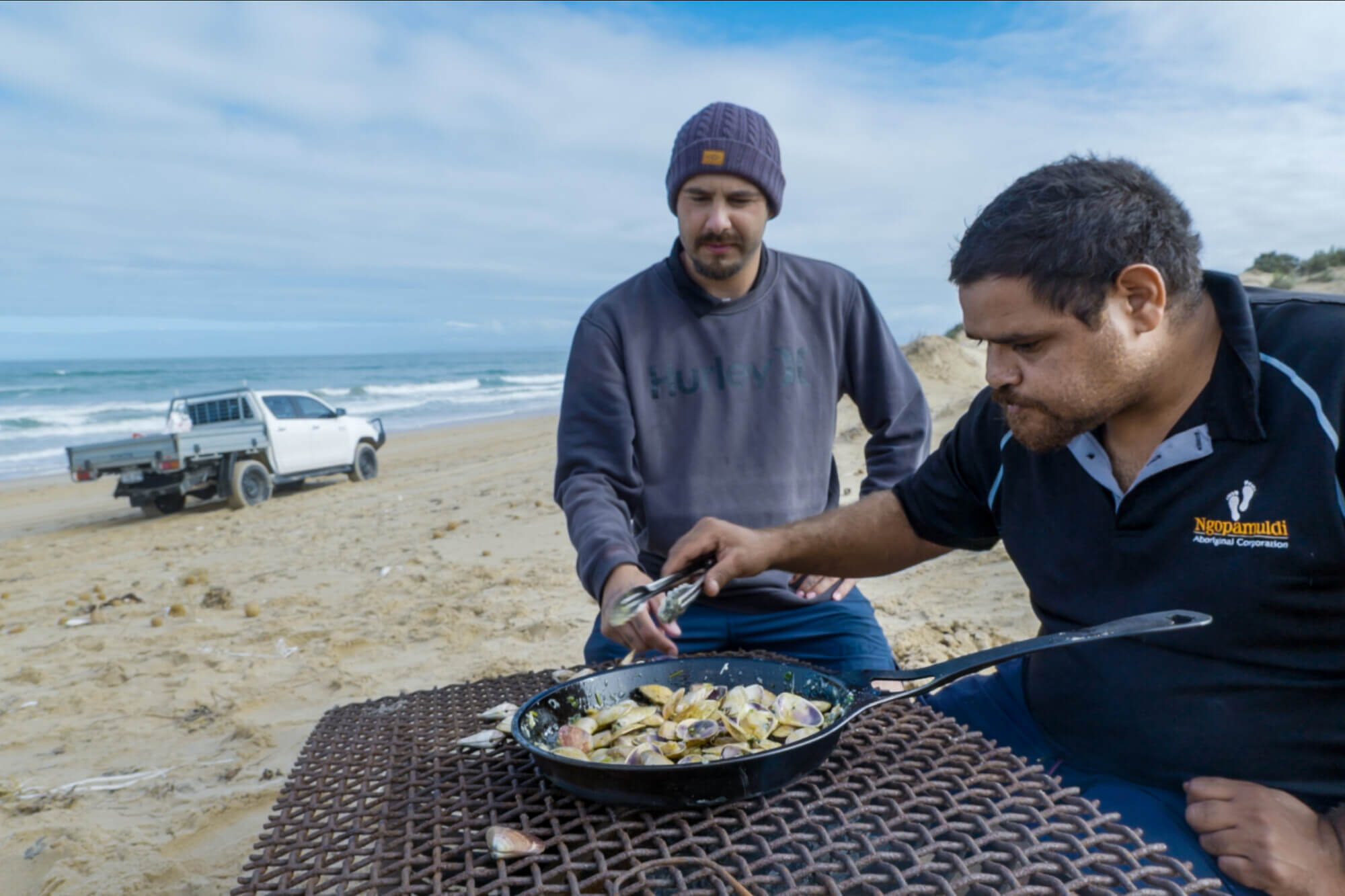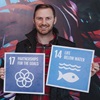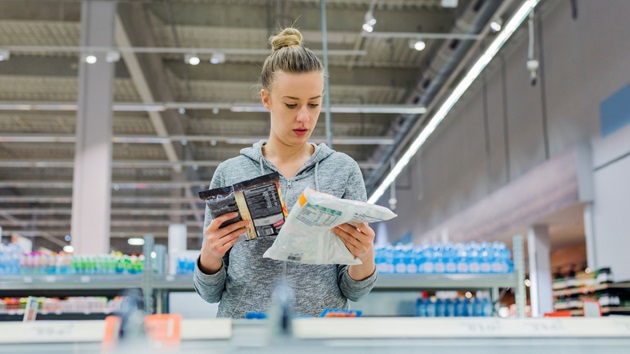This World Ocean Day, new figures from the Marine Stewardship Council (MSC) show that ending overfishing could help protect both people and planet by providing essential nutrients that help prevent serious and life-threatening health conditions experienced by millions of Aussies.
The figures published in a new MSC briefing on the role of sustainable fishing in feeding a growing global population show that if all fishing globally was sustainable, an additional 16 million tonnes of seafood could be harvested every year. By managing our seas and fisheries better, a greater quantity of healthy, sustainable fish and seafood would support more nutrient-rich diets, helping to prevent deficiencies in important nutrients such as zinc, calcium, iron, and vitamin B12. In Australia, around 12 per cent of women, eight per cent of pre-school-aged children, and 20 per cent of people over 85 years suffer from B12 deficiency, leading to poor memory, fatigue and cognitive impairment.
Currently, the Australian public doesn’t eat enough fish and seafood. Data from a YouGov survey commissioned by the MSC shows that over half of Australian adults (55%) eat less than the government’s recommended guideline to eat seafood twice a week or more. Almost one in three (31%) eat less than one serving of fish per week, including over one in eight (13%) that don’t eat fish.
The not-for-profit’s analysis also found that globally, 38 million people are missing out on healthy levels of essential Omega-3 fatty acids (DHA and EPA), which are mainly found in seafood. Their daily requirements could be met if the ocean was fished more sustainably. Increasing the intake of Omega-3 fatty acids could help reduce deaths from heart disease and strokes, Australia’s first and third biggest underlying causes of death, respectively.
With more than a third of the world’s fish stocks now fished beyond their sustainable limits, the MSC stresses the importance of eating seafood only from sustainable sources as a way not only to ensure the nutritional benefits of increased catches are realised but also to protect vital ocean ecosystems.
The positive news for Australians is that the number of species of sustainable seafood carrying the MSC blue fish tick label in Australia has increased from 11 to 37 in the last ten years, while the volume of MSC labelled products sold each year has increased nearly two and a half times, from just over 8,000 tonnes to more than 27,000 tonnes during the same period. This is a result of growing consumer awareness and increased uptake of sustainable seafood from Australian brands and retailers, which incentivises fisheries to commit to sustainable fishing.
Anne Gabriel, MSC’s Oceania Program Director, said: “If more fisheries are managed sustainably, we can ensure that Aussies can continue to consume seafood in the longer term while keeping our ocean thriving with life and diversity. We know from research that most Aussies want to choose food that is both good for them and the environment, emphasising the importance of raising collective awareness and education on sustainable seafood.
Over half of the wild-caught fish in Australia are MSC certified due to the impressive commitment from local fisheries and communities. This is across a wide range of species including the Western Australia Rock Lobster, Goolwa Pipis, Fremantle Octopus, and the Northern Prawn Fisheries’ Banana Prawns. Aussies can ensure they are making the right choice, whether imported or local, both for themselves and the environment simply by looking for the MSC blue fish tick label.”
Gram for gram, wild seafood production is responsible for less than one-tenth of the carbon emissions of red meat and has a lower carbon footprint than cheese or chicken while also providing some of the most nutritious sources of protein.
The new figures are derived from the Aquatic Foods Composition Database, a product of the Golden Lab at the Harvard TH Chan School of Public Health and the most comprehensive global database of more than three and a half thousand aquatic food species and hundreds of nutrients.
Recent studies have also shown that nutrients from seafood are better absorbed and utilised by the body than nutrients in vegetables and food supplements.



